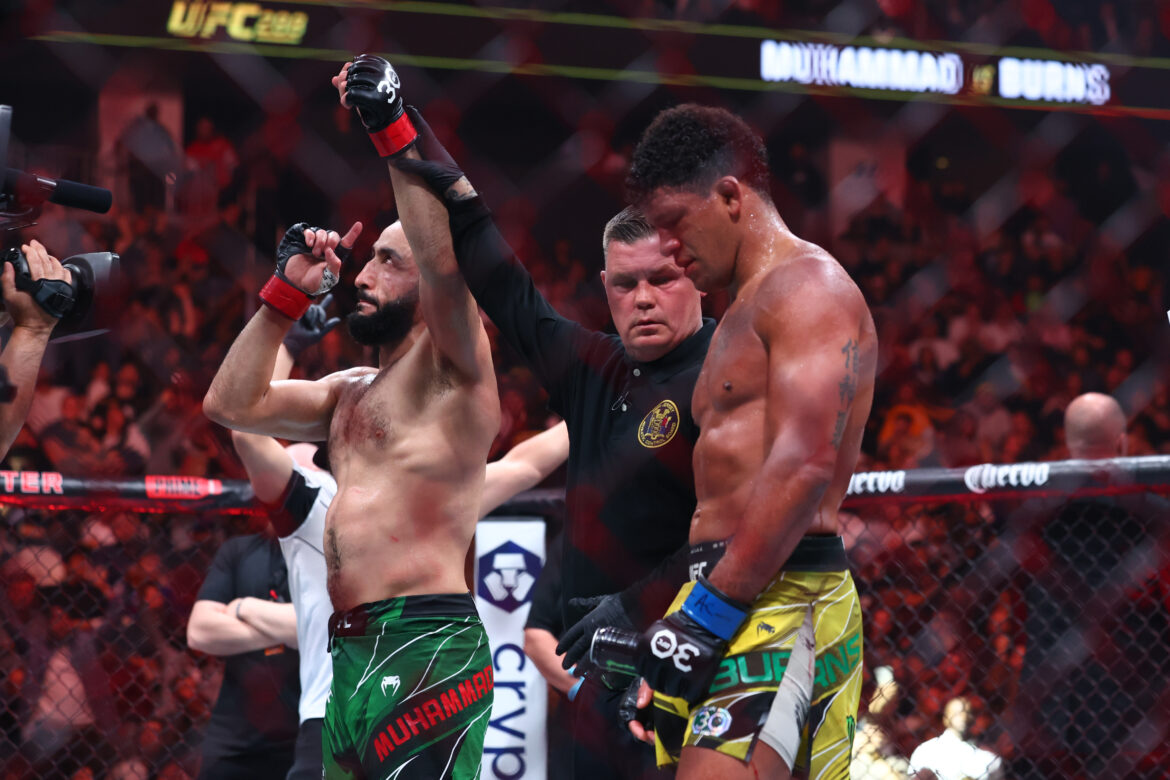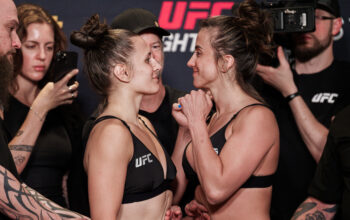Chael Sonnen has expressed his perspective on the upcoming matchups in the UFC welterweight division, particularly focusing on who should challenge the current champion, Belal Muhammad, next.
Sonnen believes that a fight between Kamaru Usman and Shavkat Rakhmonov would be more logical for determining the next contender for the welterweight title. This matchup makes sense due to both fighters’ high profiles and the competitive edge it would bring.
Usman, despite a recent losing streak, still carries the weight of being a former champion with significant experience against top-tier competition. Rakhmonov, on the other hand, is undefeated and seen as one of the most dangerous prospects in the division, making this fight a high-stakes affair for title contention.
For the next title defense, Sonnen suggests Ian Machado Garry as an opponent for Belal Muhammad. This suggestion might seem surprising given Garry’s current ranking and experience compared to other contenders. However, Sonnen’s reasoning might be based on several factors:
The UFC might be looking for fresh matchups or to build up new stars quickly. Garry, with his undefeated record and rising popularity, could be seen as an exciting narrative for fans, especially if the UFC aims to diversify its main event attractions beyond the usual suspects.
Despite being ranked lower, Garry’s style and the narrative around his rise could make for an intriguing fight against Muhammad, potentially drawing interest from a broader audience or creating a storyline of an underdog challenging the champion.
By suggesting Garry, Sonnen might be hinting at a strategy where the UFC could be setting up fights not just based on rankings but on the potential for narrative development or fan engagement.
The sentiment around these matchups, as reflected in discussions and posts on X, indicates a mix of surprise at the suggestion of Garry over more traditional contenders like Rakhmonov or even Usman directly. However, it also shows an understanding of Sonnen’s point about the UFC’s need to sometimes prioritize entertainment value, fighter narratives, or strategic matchmaking over strict rankings or immediate contender status.
Sonnen’s take on these fights isn’t just about who deserves it based on record but also about what makes sense for the sport’s narrative, fighter development, and audience engagement, reflecting a nuanced view on how modern UFC matchmaking might be evolving.




